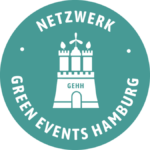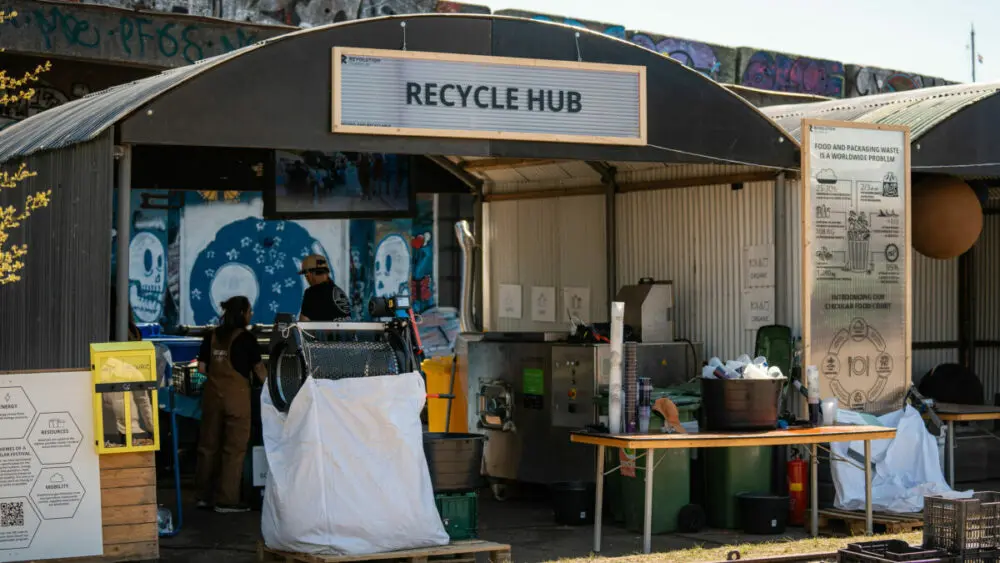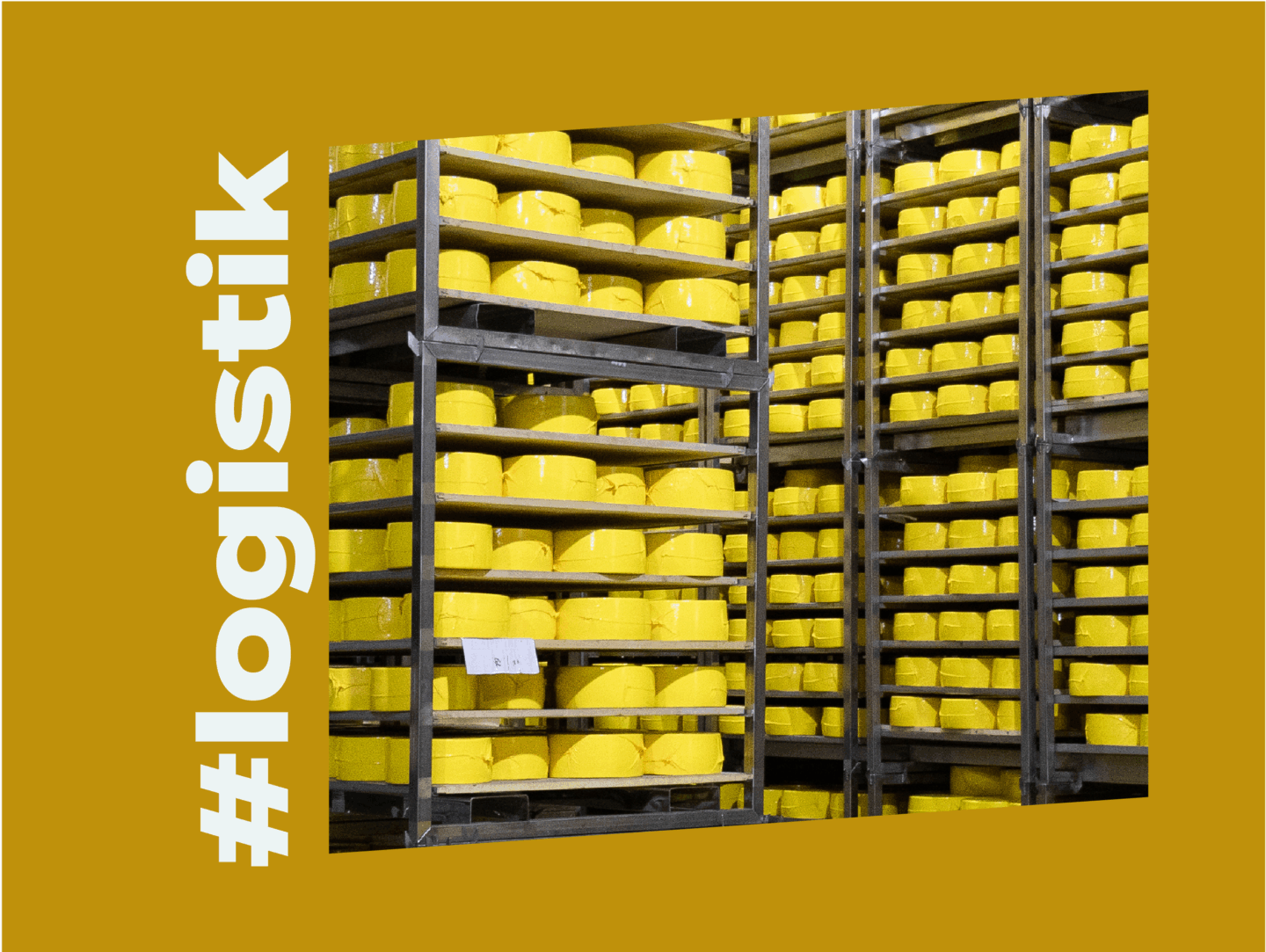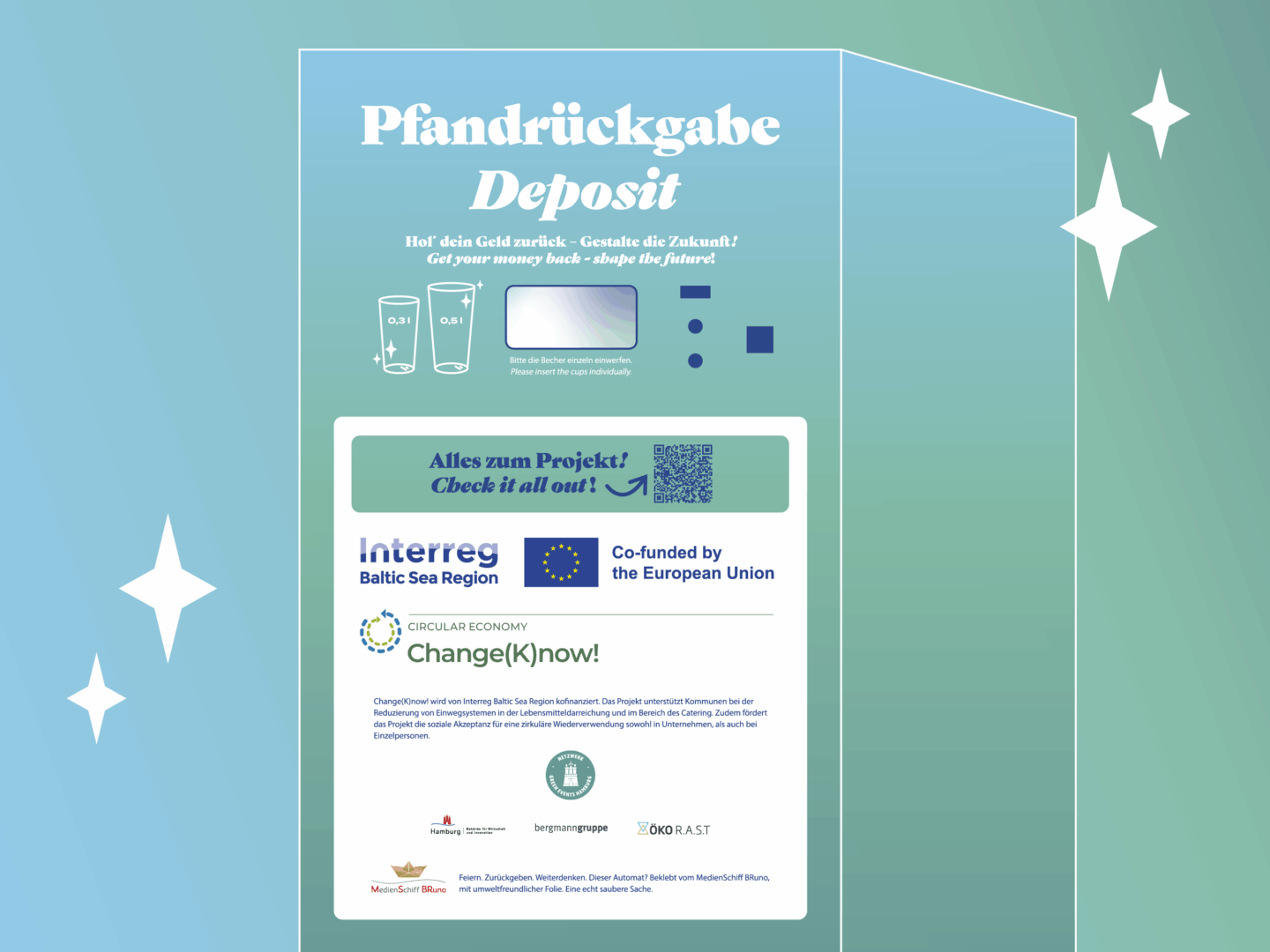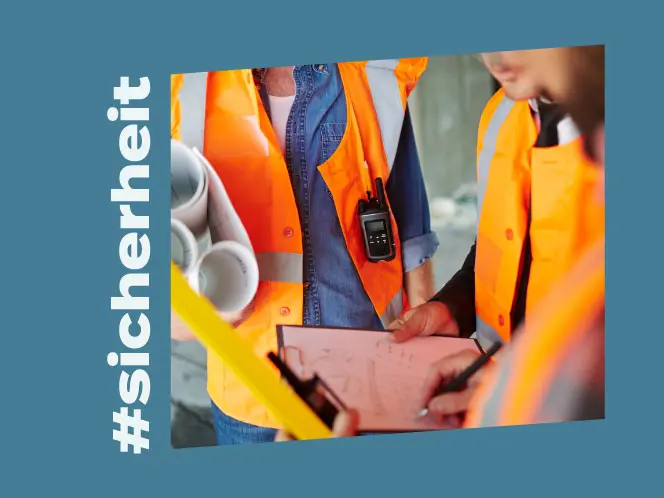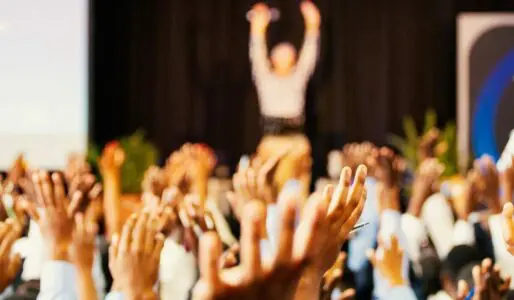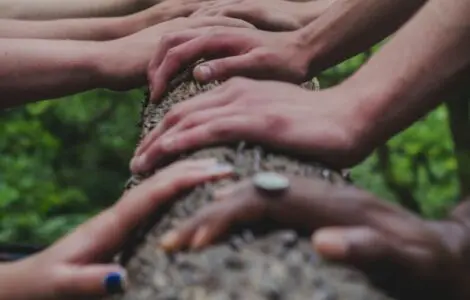Runde Sache – DGTL Amsterdam auf dem Weg zum “circular festival”
Das DGTL Amsterdam ist ein Elektro-Festival mitten in der Hauptstadt der Niederlande. Das beliebte Festival geht bereits in die achte Runde und ist bekannt für sein besonderes Nachhaltigkeits-Konzept. Besonders im Umgang mit Abfall – Ressourcen – geht das Festival neue Wege. Wir haben Mitchell van Dooijeweerd, Head of Sustainability beim DGTL, dazu interviewt.
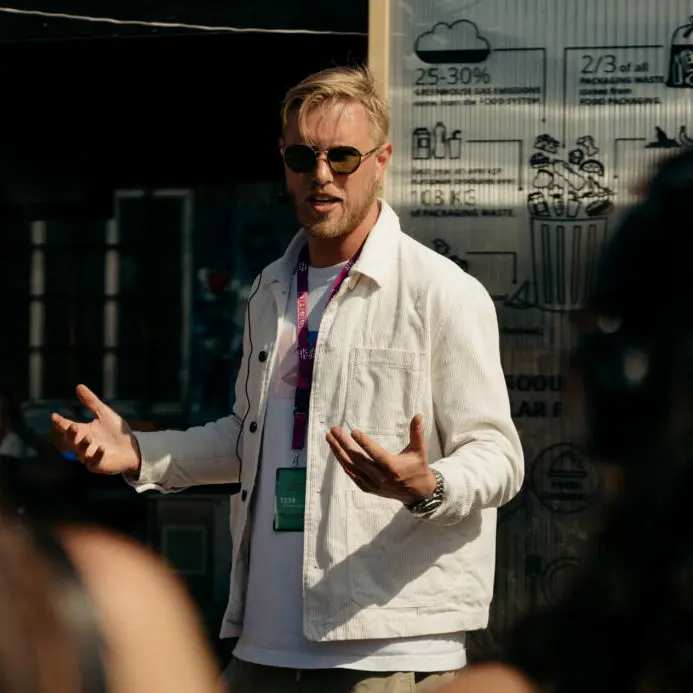
On your website DGTL describes its sustainability mission. How do you make it „more sustainable to dance (…) during DGTL rather than staying at home“?
We believe that ‘waste’ does not exist and therefore we strive to realize the transition towards a circular festival using circular systems. In order to achieve this, we introduced new ways to convert all of our waste into valuable resources to become circular.
As a result, we started to map out the festival’s material and waste flows, a transition from waste management to resource management, and prioritize impact hotspots for future editions. Using this data, we were able to answer some key questions about where the festival should focus on in order to achieve a circular state.
We have formulated DGTL objectives for the following five systems: energy, water and sanitation, food, raw materials (formerly called waste) and mobility. These systems are also applicable to cities, in that way we can easily compare it with a resident living in a city or village.
You aim for circularity on the levels of materials, energy, mobility, water and sanitation and food. That is special for events. What hurdles do you have to overcome, but what opportunities does this approach provide?
For some of these systems, we close the cycles, such as the cycles of energy and resources and water and sanitation. For a number of other systems, circularity is more difficult to define and therefore more difficult to achieve. This concerns the system’s mobility and food. Within these systems, this year the main focus will be on keeping the impact of these systems as small as possible.
But one of the hurdles is that we are pioneers and that most of the projects are “first timers” and we do that to push the boundaries and try to inspire the city to become circular too. Innovation always comes with mistakes, but we’re eager to learn about the mistakes and the challenges that we face with our suppliers.
What are your measures on resources (and waste) with the greatest sustainability impact?
- Get to know what suppliers bring to your event, and if they bring it back or if you (the festival) needs to process the materials. In that way you can refuse single-use materials or you can facilitate containers to recycle them afterwards.
- Having a strict policy for your stage design, that everything that is being build comes with a plan for the coming years too. In that way you can lower the demolition waste is nearly 90%.
- Strict policy for food vendors and caterers, that you need a deposit system with reusable cups/tableware. Or everything compostable, so you can compost it afterwards. (…)
How do you get your stakeholders on board – from caterers to cleaning companies, suppliers or sponsors? What role do your guests play in the implementation of your concept?
Create business opportunities for your suppliers, create support by telling why you’re organizing in a sustainable way. We’re organizing a circularity conference for all stakeholders every year.
Our guests are really important to us. We (…) make it easy for them to participate, but in the end, they need to be willing to participate with our sustainability plans (…). We don’t have any bins on the festival site, so it is important for us that visitors are bringing their resources to the recycle stations.
Hartelijk bedankt voor het interview!
Interview: Lea Jahneke
